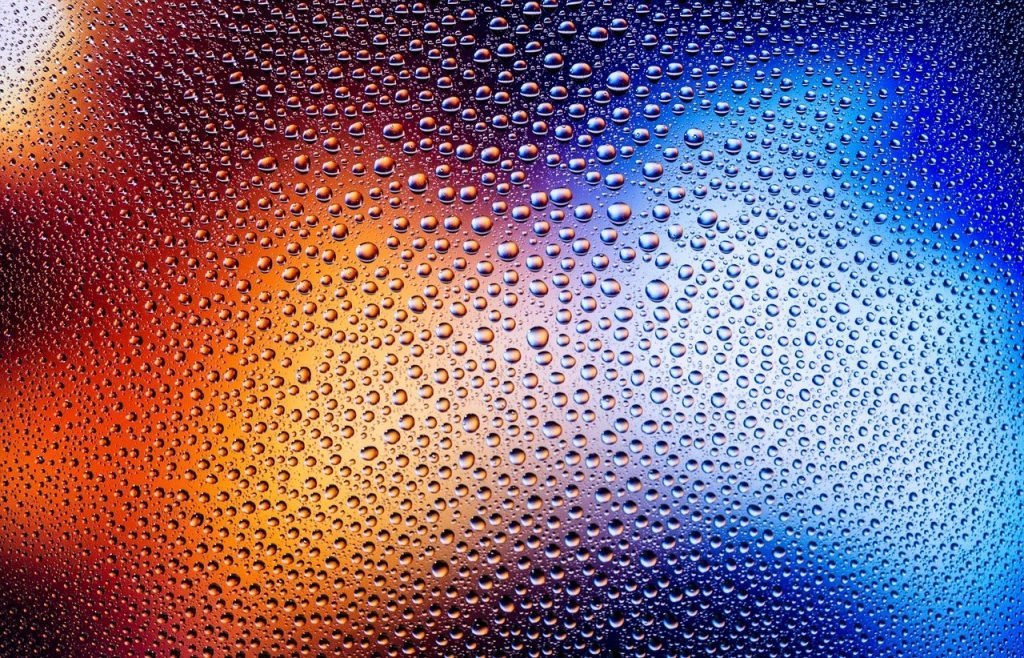Window condensation can cause the heat loss and is not just an annoying nuisance. WishyWashy Windows has some tips to help you stop condensation from your windows.
It is quite common to see interior window condensation in wintertime. However, it is not a nuisance. Heat loss = high utility costs… thank you! You can prevent heat loss by understanding the cause and how it could affect your home.
Condensation can be described as a simple process. Water vapour in the air becomes liquid when it touches a chilled surface. Just imagine a cold glass of cold iced tea on a hot summer day. When it’s warm outside, the windows of your home are condensing. You have a piece of cold glass between you to the cold winter air outside.
The good news is that light condensation on windows is usually not a problem. A foggy window can be caused by a number of things. These can all affect indoor humidity, which can cause temporary condensation. There is no reason to panic! You should be aware of deeper issues that may lead to recurring or prolonged condensation. This can cause homeowners nightmares, such as water damage. Not only is it hard to see outside from your interior window, but water can also cause damage to your window frames and seals. Worse, it could cause mould to form and rotting to develop in your walls. A damaged seal could be the reason you have condensation between two panes. This is a sign of a larger problem.
What can you do to stop condensation on windows in Winter? These are some ways to prevent condensation from winter windows:
It can be difficult to control indoor humidity. You don’t want your home to become completely dry. It can make a huge difference to improve the ventilation in your house. It is the simplest and fastest thing you can do. If it’s cold outside, you won’t want to open the windows as soon as you get out of the shower. There are, however, a few options.
- If you have an exhaust fan, make sure to use it in your laundry room, kitchen and bathroom. They are designed to remove excess moisture from the source and expel it prior to it settles on your walls, mirrors, and windows.
- To improve airflow, run a dehumidifier when you open blinds or curtains.
- Gas fireplaces can be vented or shortened.
- Install an outside intake for fresh air to ensure that your home is free from high-humidity indoor air.
- Storm windows can be installed or replace single-pane windows with double-pane windows. Storm windows can collect condensation, but they will keep your interior windows warm and prevent condensation from forming.


Pingback: Keep the cold out! Insulate your Windows - Wishy Washy Windows